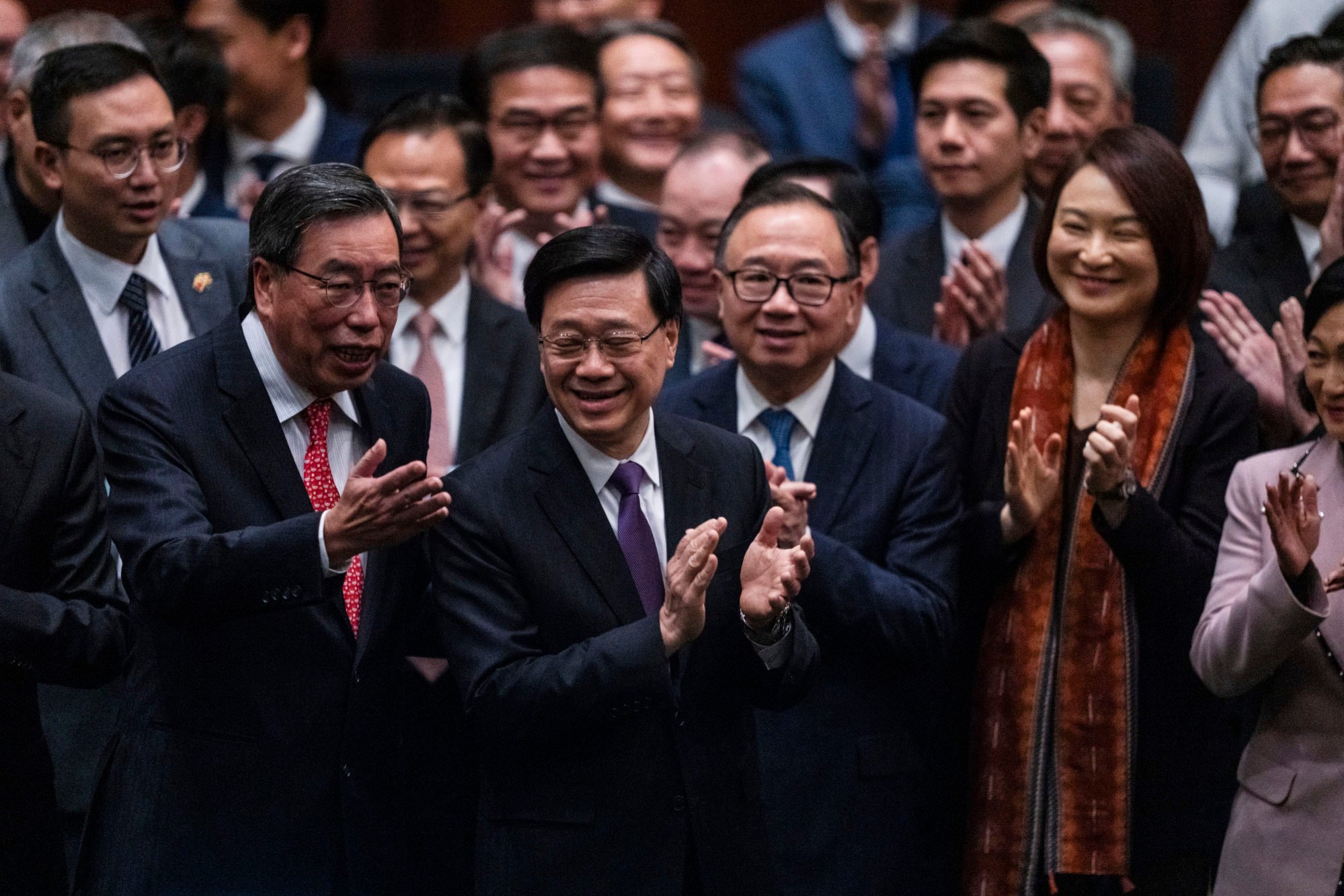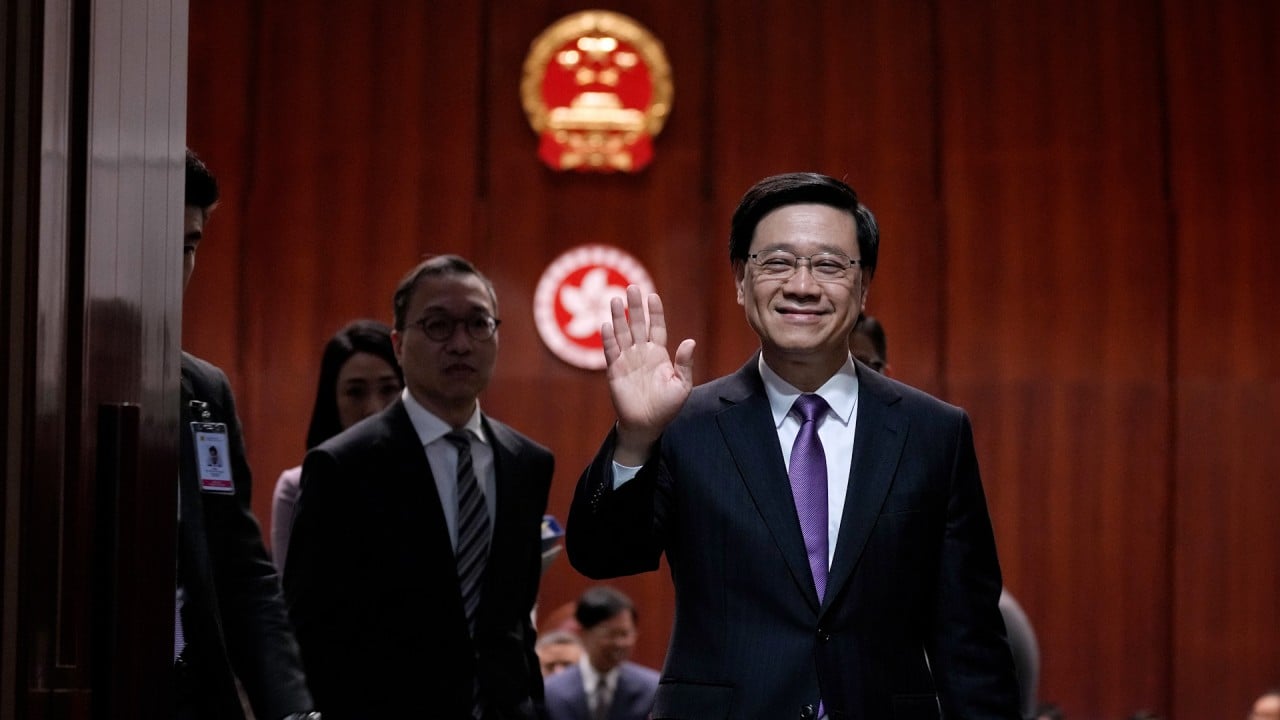America’s top diplomat said on Friday that the US is preparing to impose new visa restrictions Hong Kong officials deemed “responsible for the intensifying crackdown on rights and freedoms” in the semi-autonomous city, without elaborating on the targets of the new sanctions.
Secretary of State Antony Blinken added in a statement that he would once again certify that Hong Kong will not receive the special consideration under US law that it enjoyed before its handover to China on July 1, 1997, and which remained in place for more than two decades afterwards.
“These provisions could both be used to eliminate dissent inside Hong Kong and applied outside its borders as part of [China’s] ongoing campaign of transnational repression,” he added.
The policy act, also referred to as the Hong Kong Relations Act, gives Washington discretion to treat the city separately from mainland China in areas including trade and economic engagement.
The announcement is tied to a report the State Department submits annually to Congress as part of the US Hong Kong Policy Act enacted in 1992 along with a certification process. Last year’s report was sent to Congress on March 31.
Hong Kong national security police put HK$1 million bounties on 5 more fugitives
Hong Kong national security police put HK$1 million bounties on 5 more fugitives
The Chinese embassy in Washington did not immediately respond to a request for comment. But Beijing has repeatedly criticised the act, characterising it as foreign interference into its domestic affairs.
The report and review process, as envisioned, aims to “promote Hong Kong’s prosperity, autonomy, and way of life” and was released annually from 1995 through 2007 and resumed since 2015 with the exception of 2017 when a fact sheet and review substituted.
In advance of releasing the 2024 report, Blinken previewed its content: “This year’s report catalogues the intensifying repression and ongoing crackdown by [mainland China] and Hong Kong authorities on civil society, media, and dissenting voices,” he said, “including through the issuance of bounties and arrest warrants for more than a dozen pro-democracy activists living outside Hong Kong.”
Given the situation over the past year, Blinken added, the administration will roll out the new visa restrictions within the scope of the US Immigration and Nationality Act.

The State Department did not immediately respond to a request to specify when the 2024 report would be released and which additional Hong Kong officials could be subject to US sanctions.
Officials targeted by the select committee included the city’s justice minister, Paul Lam Ting-kwok; Commissioner of Police Raymond Siu Chak-yee; Director of Public Prosecutions Maggie Yang Mei-kei; Senior Superintendent of Police Bruce Hung Ngan; Director of the Office for Safeguarding National Security Dong Jingwei; and assistant police commissioners Margaret Chiu Wing-lan and Dick Wong Chung-chun.
Washington-funded Radio Free Asia quits Hong Kong, citing staff safety concerns
Washington-funded Radio Free Asia quits Hong Kong, citing staff safety concerns
In May of 2020, then Secretary of State Mike Pompeo declared that Hong Kong was “no longer autonomous”, signalling that its special designation would be called into doubt and its special treatment ended.
An executive order that put Hong Kong on a par with the mainland was also put into effect the same day.


